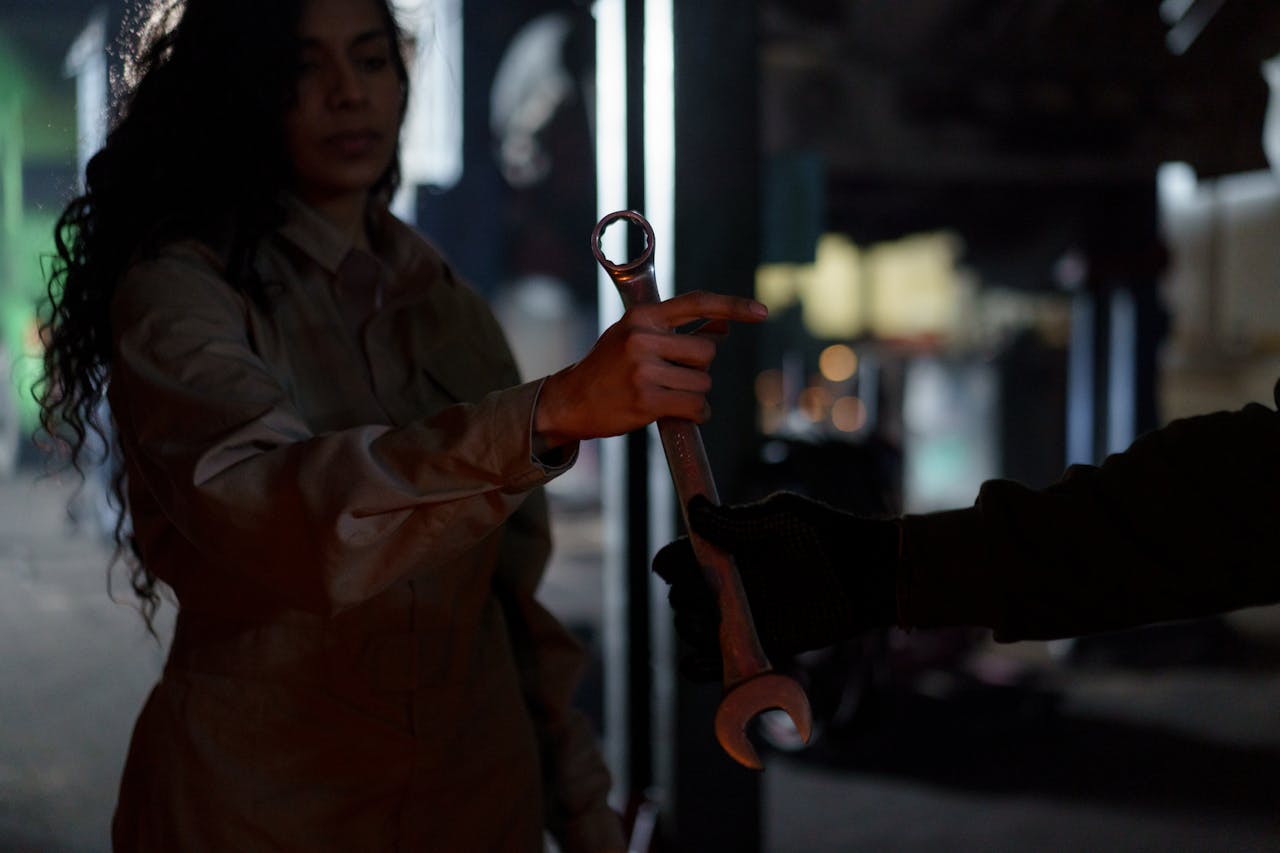Oil rigs are no strangers to danger. Massive equipment, unpredictable weather, and nonstop physical labor—it all makes for one of the most high-risk jobs out there. So, when something goes wrong, the damage can be devastating. The question is, after the chaos settles, who’s there to help the injured get back on their feet? That’s where an oil rig injury lawyer steps in. If you’ve never thought about what happens after an offshore accident, it’s time to dive into what these legal pros do—and why their work matters more than you might think.
Life on the Rig: High Stakes, High Risk
Working on an oil platform isn’t your average 9-to-5. Crews are isolated for weeks at a time, operating heavy machinery under intense pressure—literally and figuratively. Even with safety protocols in place, the risk of serious injury never really goes away. From equipment failures to fires, falls, or even explosions, it only takes a split second for things to spiral. And once someone’s hurt, it’s a long road back—physically, emotionally, and financially.

When Injuries Happen, It’s Not Always Straightforward
You might think that if you’re hurt on the job, it’s a simple matter of filing a report and collecting compensation. But offshore work doesn’t follow the same rules as land-based jobs. Maritime law, the Jones Act, and a whole mix of legal nuances come into play. That’s why oil rig injury cases often get complicated fast. Employers and insurance companies might try to limit what they owe, shift blame, or delay claims altogether. Without legal backup, injured workers can feel stuck, confused, and out of options.
Why Experience Matters in Maritime Law
Not every lawyer is equipped to handle cases that happen in the Gulf of Mexico or hundreds of miles offshore. An Experienced Maritime and Oil Rig Injury Lawyer understands the unique challenges these workers face. They know how to uncover details that others might miss—like mechanical failures, overlooked safety protocols, or improper crew training. This experience can make or break a case, especially when you’re going up against powerful corporations with their legal teams. The right lawyer brings insight, grit, and a track record of standing up for workers when it counts.

The Role of an Oil Rig Injury Lawyer
An oil rig injury lawyer does more than just fill out paperwork. They’re advocates, investigators, and problem-solvers rolled into one. They know the ins and outs of maritime law, how offshore contracts work, and how to hold big companies accountable. Whether it’s fighting for medical coverage, lost wages, or long-term disability support, these lawyers make sure injured workers aren’t left to deal with the fallout alone.
What Workers Should Do After an Accident
If you’re hurt on an oil rig, the first steps matter a lot. Get medical attention, document everything, and avoid signing anything before talking to a lawyer. It might feel like a blur, but your actions in those first few hours can impact your entire case. Having someone in your corner early on helps make sure your rights are protected and your recovery is prioritized. When an oil rig accident happens, it’s not just about fixing broken equipment—it’s about putting lives back together. Physical injuries can heal, but financial stress, lost time, and emotional trauma can linger long after. That’s why oil rig injury lawyers play such a crucial role. They step in when things fall apart, and help ensure that workers get the justice, support, and compensation they deserve. Because when the platform breaks, someone needs to help pick up the pieces—and that someone should know exactly what they’re doing.

